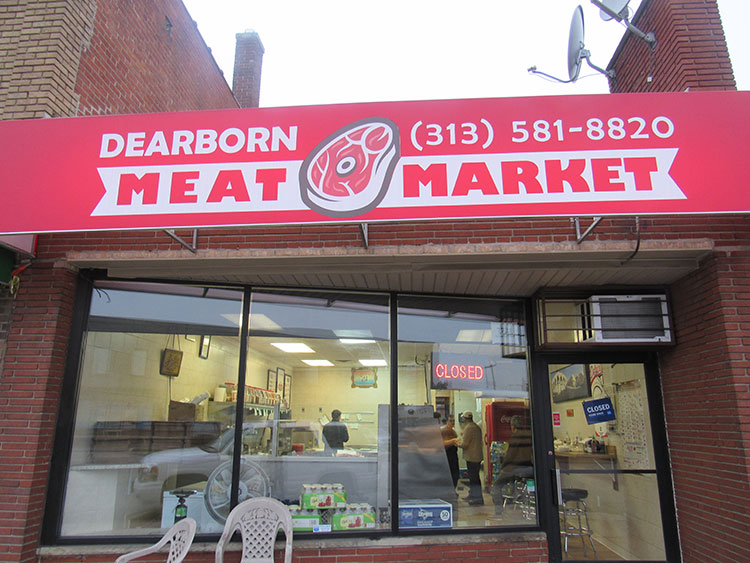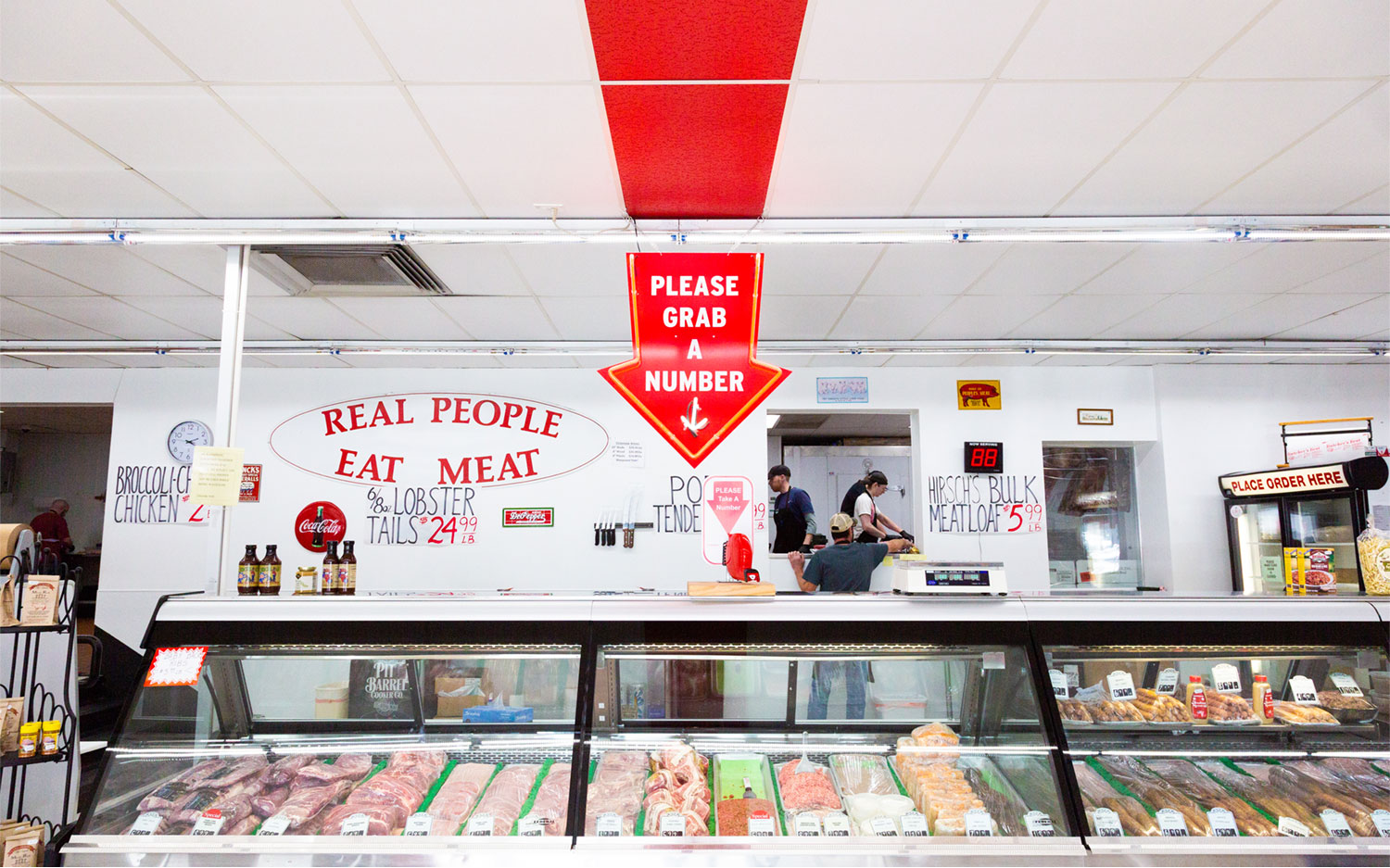Why Buying at a Farmers Market Sustains Local Farmers and Your Neighborhood
Purchasing at a farmers market functions as a concrete methods of sustaining local farmers while concurrently strengthening the financial fabric of your neighborhood. By involving in these industries, consumers contribute to a sustainable agricultural environment that focuses on fresh, top quality fruit and vegetables and cultivates straight partnerships in between buyers and growers. This method not only grows a feeling of area yet additionally encourages the preservation of local food traditions. Understanding the broader ramifications of these interactions can reveal how seemingly easy choices at a farmers market can resonate throughout the entire community. Take into consideration the influence this has on regional economic climates and food systems.
Economic Benefits of Farmers Markets

Farmers markets substantially contribute to regional economic situations by promoting straight sales in between producers and customers. Such reinvestment not only boosts productivity however additionally sustains neighborhood agricultural tasks.
In addition, farmers markets stimulate economic task within the bordering area. By attracting consumers that might also purchase from close-by organizations, these markets help to create a lively neighborhood ecosystem. The influx of shoppers motivates foot web traffic, which profits cafes, shops, and dining establishments, eventually causing a multiplier effect that strengthens the overall economy.
This diversity of neighborhood offerings can enhance area identification and pride. On the whole, the economic advantages of farmers markets prolong much past straight sales, fostering a durable and resilient neighborhood economic climate.
Quality and Top Quality of Create
The unparalleled quality and high quality of fruit and vegetables located at farmers markets are essential aspects that bring in consumers seeking healthy and tasty options. Unlike supermarket offerings, which frequently go through long transportation times and storage space periods, the fruits, veggies, and other items available at farmers markets are normally harvested just days and even hours prior to being offered. This immediacy makes sure that the nutrients, taste, and texture are protected, supplying an exceptional cooking experience.
In addition, farmers markets commonly feature seasonal fruit and vegetables, enabling customers to delight in vegetables and fruits at the height of their ripeness. This not just enhances the preference yet also urges the usage of a diverse series of foods, advertising a more balanced diet regimen. Neighborhood farmers take satisfaction in their expanding methods, often using lasting approaches that enhance the quality of their produce. Several likewise use organic choices, permitting health-conscious customers to make enlightened options.
The direct connection in between the farmer and the consumer at these markets promotes transparency pertaining to farming methods, even more ensuring consumers of the quality of their acquisitions. Because of this, customers can with confidence sustain their health while delighting in the abundant tastes that come from local, freshly collected produce.
Structure Neighborhood Relationships
Area relationships thrive at farmers markets, where local producers and consumers engage in purposeful interactions. farmers market edwardsville il. These markets work as lively community hubs, fostering links that extend past plain transactions. Buyers have the one-of-a-kind possibility to fulfill the extremely farmers who expand their food, helping with a much deeper appreciation for farming practices and the challenges dealt with by local producers
This direct engagement constructs trust fund and loyalty, enabling consumers to support the really people who add to their community's economic situation and vitality. These interactions often lead to the sharing of knowledge about seasonal produce, food preparation tips, and sustainable methods, enhancing the area's cumulative understanding of food systems.
In enhancement, farmers markets create a sense of belonging, as people from diverse histories come together to commemorate local culture and shared worths. Ultimately, shopping at farmers markets is not just regarding purchasing food; it is about supporting community bonds that contribute to a thriving and resistant regional ecosystem.
Encouraging Lasting Practices
At farmers markets, sustainable methods are not only encouraged however actively promoted, developing a system for environmentally aware usage. These markets frequently include regional farmers who utilize organic farming techniques, which substantially minimize the dependence on synthetic chemicals and fertilizers. By prioritizing natural growing, they add to much healthier environments and advertise soil health and wellness, making certain that the land can maintain farming techniques for future generations.
Furthermore, lots of farmers at these markets accept sustainable methods such as plant turning and permaculture strategies, which boost biodiversity and lower dirt disintegration. The emphasis on seasonal produce additionally lessens the carbon impact connected with delivering food over fars away, fostering a more lasting food system.

Sustaining Regional Food Solutions

Supporting regional food systems additionally minimizes the carbon impact associated with moving food over long ranges. When customers buy directly from local farmers, they minimize the need for extensive supply chains, therefore conserving energy and resources. Additionally, farmers markets frequently encourage lasting farming techniques, as regional producers are more probable to prioritize over here eco-friendly approaches to attract their community.
Furthermore, by purchasing local food systems, customers add to the strength of their neighborhoods. A robust neighborhood food network can endure economic variations and external stress, making sure a stable food supply. Eventually, shopping at farmers markets not only supports neighborhood farmers yet likewise enhances the total wellness and sustainability of the area's food ecosystem.
Conclusion
Purchasing at farmers markets plays a crucial duty in supporting neighborhood farmers and enhancing area durability. By prioritizing neighborhood fruit and vegetables, these markets add to financial security, promote lasting farming techniques, and foster social links among neighborhood members. The direct partnership in between consumers and regional manufacturers not just makes certain access to fresh, high-quality food but also enhances regional food systems. Inevitably, involvement with farmers markets grows a dynamic, interconnected neighborhood that values environmental and economic sustainability.
Shopping at a farmers market offers as a concrete means of supporting neighborhood farmers while at the same time bolstering the financial material of your neighborhood. By focusing on neighborhood sourcing, farmers markets aid maintain local farming variety and promote the intake of seasonal fruit and vegetables, which in turn strengthens neighborhood economic climates.
Ultimately, buying at farmers markets not just sustains local farmers but also enhances the overall wellness and sustainability of the area's food environment. (farmers market edwardsville il)
Purchasing at farmers markets plays an important role in supporting local farmers and enhancing neighborhood strength. The straight connection between customers and regional producers not only ensures access to fresh, high-quality food but also reinforces regional food systems.